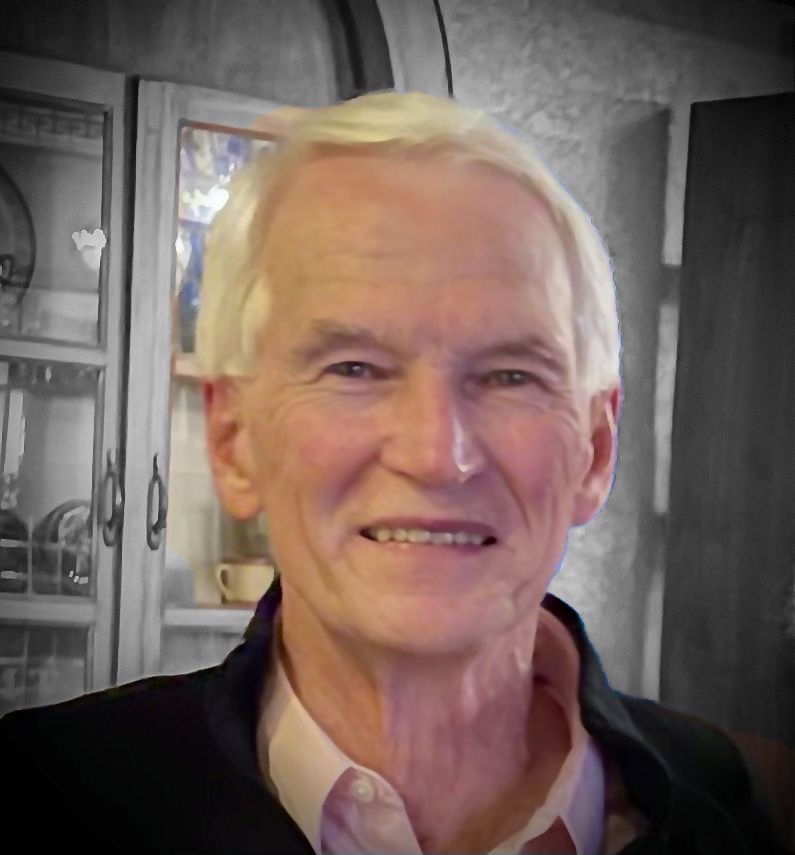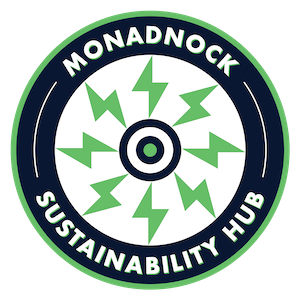By MSH Board Member, Gerald Burns.
Originally Published in The Monadnock Shopper News, Green Monadnock column, December 2021.
 The Glasgow conference has highlighted the size of the challenge facing our world. It is up to all of us to meet it.
The Glasgow conference has highlighted the size of the challenge facing our world. It is up to all of us to meet it.
Scientists, technical specialists of all kinds, diplomats, and heads of state from 197 countries met last month in Glasgow, Scotland, to tackle the “hottest topic on earth”: global warming. The 26th UN conference on climate change, known as COP26, drew intense media attention and thousands of protesters. It resulted in a new agreement, the Glasgow Pact, intended to rally worldwide response to what is widely being seen as a crisis situation. What did the conference accomplish and what does it mean for climate action in the Monadnock region?
The answer to the first question depends to some extent on who you ask. 18-year-old activist Greta Thunberg spoke for many in the protest movement when she put down the Glasgow talks as nothing more than “blah-blah-blah.” Representatives of poor countries at special risk from the effects of climate change, like the foreign minister who recorded his speech to the conference while knee-deep in the seawater overtaking his island nation, came away “bitterly disappointed” in their hopes of receiving aid for these types of impacts.
Yet while the Glasgow conference had to deal with many of the same problems that have caused these dissatisfactions with previous international agreements— power imbalances between wealthier and poorer nations, U.N. rules that demand unanimous decisions and lack enforcement mechanisms—it did achieve some things that signal a new seriousness about confronting the crisis.
One of these was the Pact itself. Among other things, this document breaks a longstanding “taboo” against mentioning fossil fuels as a factor in climate change, and it calls for a modest reduction in coal production. It keeps alive the goal set by the Paris Accords in 2015 of limiting overall temperature rise to 1.50C ; and it heeds the call of the most recent UN scientific report for immediate climate action, by urging all countries to update their pledges to slash carbon emissions in half by 2030. Outside of the official terms of the Pact, Glasgow is also notable for empowering so-called “coalitions of the willing,” voluntary alliances to pursue objectives such as halting deforestation and lowering methane levels, on which all 197 parties were not ready to sign off.
There are smudges on these bright spots, as well: to take just one, the United States’ announcement that it will not honor the request to update its emission pledge next year (yes, this after Biden’s climate adviser declared “The U.S. is back in the game”). Yet there does seem to be a consensus emerging that Glasgow represents a “step forward,” even though “more work needs to be done.”
But what has all this high-level activity got to do with our corner of the world, southwest New Hampshire? For one thing, while the UN is an organization of nations, COP26 made room for “cities and regions.” One day of the conference featured “localized solutions,” and local governments figured as partners in a number of the “coalitions of the willing.” As it happens, the Monadnock region has already jumped ahead with this approach. Both Keene and Peterborough have effectively updated their emissions goals for 2030, setting targets of 100% clean energy for electricity by that date. They and other area municipalities have also been exploring a potentially powerful tool for reaching this goal, Community Power.
Another local energy initiative, the push for electric vehicles led by the Monadnock Sustainability Hub, finds support from a Glasgow coalition of countries, cities, and auto manufacturers which agreed to end sales of combustion-engine cars and trucks by 2040. No such luck for the area chapter of Citizens Climate Lobby, which advocates for a carbon fee and dividend plan not endorsed at the meeting. In this case, however, the course is clear: keep plugging, regardless of which way the wind is blowing at higher levels. COP26 has at least put the stamp of approval on “localized solutions” and independent action.
The same advice applies to the broader public in the region. “More work needs to be done.” Join one of the climate organizations or initiatives active here now. Or start your own. The Glasgow conference has highlighted the size of the challenge facing our world. It is up to all of us to meet it.
About the Author
Ger ald “Jerry” Burns recently retired from the English faculty at Franklin Pierce. He received his BA from Notre Dame and his PhD from Yale. At FPU, Jerry helped to found the Monadnock Institute of Nature, Place and Culture, and participated in many of its projects, including the 2016 documentary film From Hurricane to Climate Change. More recently he partnered in the establishment of the University’s Institute for Climate Action. Within the local area, he is a member of the Citizens Climate Lobby and the Marlborough Community Power Committee, and can usually be found Friday mornings at the Climate Strike in Jaffrey.
ald “Jerry” Burns recently retired from the English faculty at Franklin Pierce. He received his BA from Notre Dame and his PhD from Yale. At FPU, Jerry helped to found the Monadnock Institute of Nature, Place and Culture, and participated in many of its projects, including the 2016 documentary film From Hurricane to Climate Change. More recently he partnered in the establishment of the University’s Institute for Climate Action. Within the local area, he is a member of the Citizens Climate Lobby and the Marlborough Community Power Committee, and can usually be found Friday mornings at the Climate Strike in Jaffrey.
Jerry is focused on climate change, in part owing to a lifelong fascination with the weather. Given his background in the humanities, he is especially interested in the human factors both impeding and empowering effective responses to the crisis. He takes as a practical challenge the acknowledgement in the Hub’s strategic plan that awareness of climate issues is growing in the Monadnock Region, “but not fast enough.”
